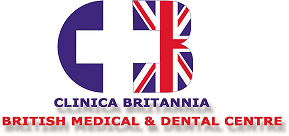Benefits and Uses of Vitamin C
Vitamin C is an essential nutrient for the human body and is found in many foods such as fruits and vegetables. Also known as ascorbic acid, this vitamin is important for a variety of bodily functions, including collagen production, tissue repair, and iron absorption.
The human body cannot make vitamin C on its own, so it is important to get it through diet or supplements. Foods rich in vitamin C include oranges, kiwi, strawberries, bell peppers, broccoli, and spinach.
Vitamin C has many health benefits, one of the best known being its ability to strengthen the immune system and help the body fight infection. It has also been shown to help reduce the risk of heart disease and certain types of cancer.
In addition to its health benefits, vitamin C also has antioxidant properties that help protect cells in the body against cell damage caused by free radicals. Free radicals are unstable molecules that can damage cells and increase the risk of chronic disease.
Vitamin C is also important for the production of collagen, a protein that helps keep skin, muscles, and bones strong and healthy. Collagen is what gives skin its elasticity and youthful appearance, so an adequate intake of vitamin C can help prevent premature aging of the skin.
Vitamin C also aids in the absorption of iron, especially plant-based iron, helping to prevent anemia.
The recommended daily intake of vitamin C varies by age and gender, but it is generally recommended that adults get at least 75-90 mg daily. It’s important to note that vitamin C is a nutrient sensitive to cooking, so it’s best to get it through raw or lightly cooked foods.
In summary, vitamin C is an essential nutrient for the human body and has a variety of health benefits, including strengthening the immune system, reducing the risk of heart disease and certain types of c.

